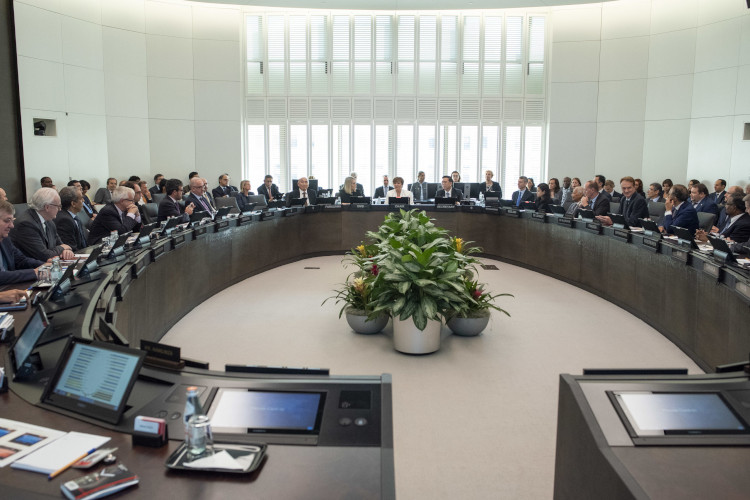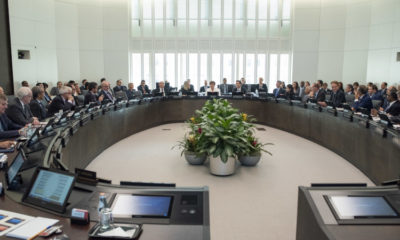Business & Economy
IMF to Provide Support for Nigeria and Other Low-Income Countries

CSL Brokers – The International Monetary and Financial Committee (IMFC), the policy advisory body of the International Monetary Fund (IMF), announced that it will introduce support to reduce poverty for low-income countries including Nigeria. Ms Magdalena Andersson, who doubles as the chairperson of the committee and minister for finance of Sweden, highlighted that the committee supports the IMF to explore reforms to its concessional financing instruments for low-income countries and increase the lending capacity of the Poverty Reduction and Growth Trust.
We note this was one of the several positions reached by the committee at the recently concluded virtual spring meeting of the World Bank Group and the IMF.
For Nigeria, this should be positive news given the need for poverty alleviation amid the worsening state of poverty despite its increasing population. The intervention might not be well received by older members of the Nigerian population, following their resentment for IMF interventions which was a fallout from the Structural Adjustment Programs (SAPs) in the 1980s.
Going by the current state of the Nigerian economy, however, there is the need to assess the underlying conditions of this intervention, vis-a-vis the current economic realities. According to the 2019 Nigerian Living Standards Survey (NLSS) released by the National Bureau of Statistics (NBS), 40.1 percent of the total population, live below the country’s poverty line of N137,430 (US$381.75) per year. The emergence of the novel coronavirus has further compounded Nigerians’ vulnerability evidenced by a worsening unemployment rate at 33.3% as of Q4 2020 and rising inflation at 17.3% as of February 2021.
As earlier hinted, IMF intervention in Africa, specifically in the Nigerian space is not nascent. Recall that in April 2020, the IMF approved and disbursed the sum of US$3.4bn (N1.22trn) in emergency financial assistance under the Rapid Financing Instrument (RFI) to support the government’s efforts in addressing the severe economic impact of the covid-19 related shocks and fall in oil prices. Notably, while the dollar amount assisted the nation’s foreign exchange reserves, the naira equivalents were used for several interventions by the Central Bank of Nigeria (CBN).
In our opinion, we hold that governments at all levels in Nigeria need to urgently pursue policies that eliminate poverty in every dimension. We believe there is a need for improved transparency in government spending, blockage of leakages, equitable distribution of resources, and building the required infrastructure to drive economic growth.













